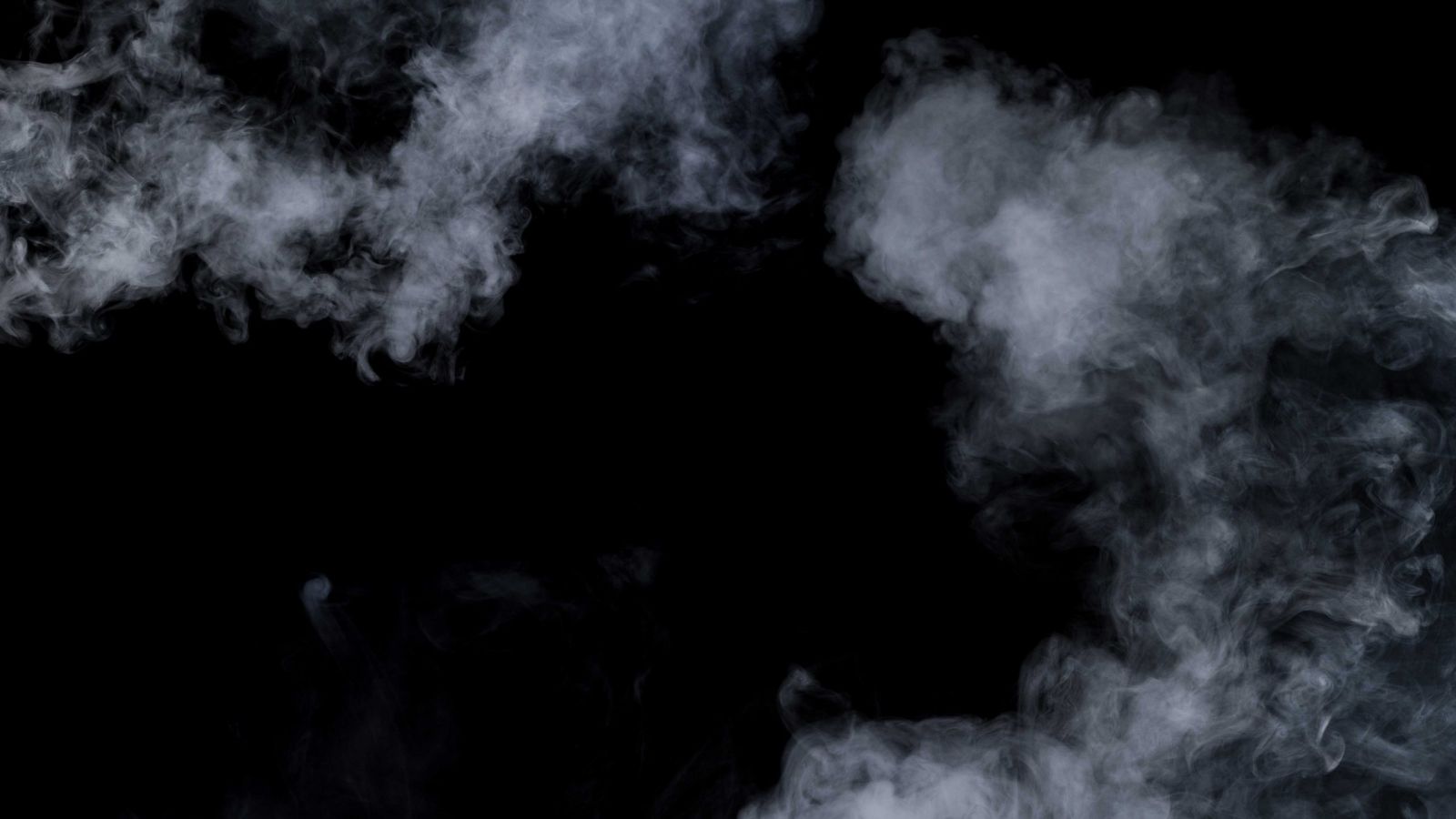The Ruling of Smoking and Praying Behind the Smoker
The Standing Committee for Scholarly Research and Issuing Verdicts


[The Standing Committee for Scholarly Research and Issuing Verdicts] were asked: There is a man who smokes regularly. I have advised him but he told me that smoking is not ḥarām. So what is the ruling of smoking, and is it permissible to perform ṣalāh behind one who smokes?
The answer: Smoking is ḥarām for it has been confirmed that it is detrimental to one’s health. In addition, it is from among the evil detestable things, whilst also being the source of excessive overspending of one’s financial resources. The Most High said:
وَيُحَرِّمُ عَلَيْهِمُ الْخَبَائِثَ ﴿١٥٧﴾
“And prohibits them as unlawful Al-Khabāʾith (i.e. all evil and unlawful as regards things, deeds, beliefs, persons, foods, etc.)”
[Al-Aʿrāf, 7:157]
Regarding the ruling of praying behind [an avid smoker]: if abandoning ṣalāh behind such an individual stipulates the abandonment of the Jumuʿah prayers, congregational prayers, or the creation of discord [among the populace], then it is obligatory to pray behind this person such that we favour the lesser of two evils over that which is greater. However, if from the abandonment of some people praying behind this individual, you do not fear the abandonment of Jumuʿah or congregational prayers, or harm of any kind; rather such abandonment of prayer behind him would work in preventing and discouraging him from smoking, then it is obligatory to leave prayer behind him. In this way, you would have successfully repelled him and encouraged him to stop partaking in that which is impermissible. For this would be from a means of rejecting that which [Allāh has made] objectionable.
If abandonment of prayer behind him does not lead to harm or the leaving of Jumuʿah or congregational prayers, neither does it work as a preventive measure, then every Muslim should aspire to pray behind one who does not resemble the likes of him in terms of his rebelliousness and disobedience.
For this is more complete for his ṣalāh [in terms of reward], and a greater means of protection for his dīn.
Source: Fatāwá al-Shaykh al-Albānī: 100
Translated by: Riyāḍ al-Kanadī
Most Popular: Last 30 Days

















